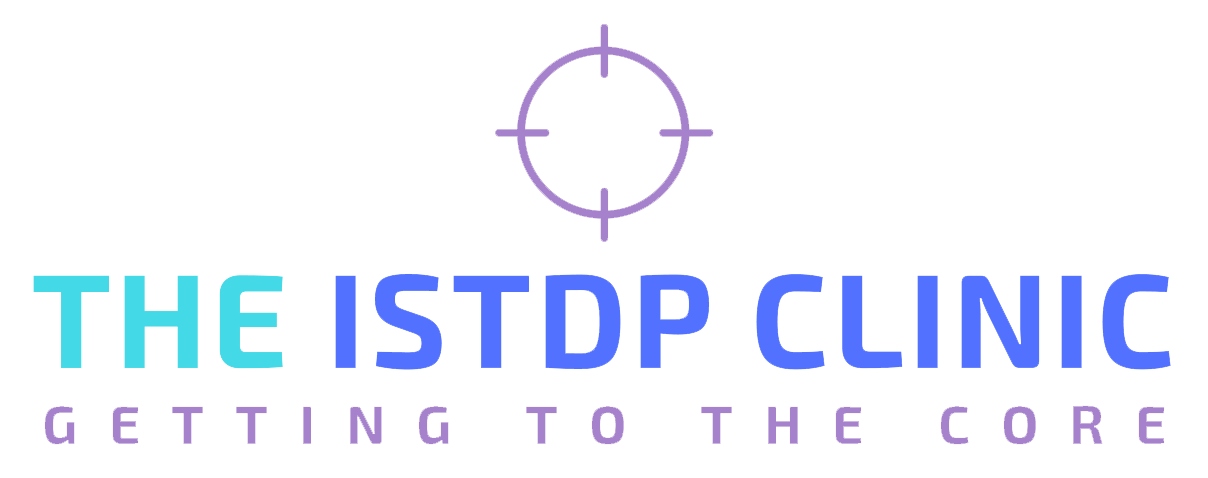If you or a loved one is suffering from an eating disorder, there are some things that can be done to help. It might seem like a difficult task, but there are plenty of options for treatment. All treatment is tailored to the individual, making a personalised treatment plan that will work best for them.
The most effective way to treat an eating disorder is with a combination of therapy, adjustment of diet, and treating physical needs. Without working with all three components, it’s less likely that any recovery will be lasting., increasing you risk of relapsing.
Counselling
To address the underlying problems of an eating disorder, it’s important to see a counsellor. Most people suffer from eating disorders due to harmful thought patterns and/or past trauma. To be able to fully recover from an eating disorder, it’s important to see a counsellor, who will help you to address the problems that might be causing disordered eating.
Eating disorder specialist counsellors will have many sessions with you to help you develop more healthy coping mechanisms to help stop the thoughts that lead to disordered eating. They will help you to overcome any difficult emotions, anxiety, or stressors, and to improve the way you see yourself.
Counsellors work with you, and will adapt their treatment to your specific needs and personality.
Dieticians
In eating disorder treatment, it’s important to learn about how to balance and plan meals in a way that will benefit your body. By working with a dietician, you will have a custom meal plan that will be adjusted periodically to make sure that what you’re eating is the best for your health.
Through working with a dietician, you will also eventually be able to learn how to plan meals on your own. This is important information to learn, especially for when you are finished with your eating disorder treatment.
Planning balanced meals yourself can be overwhelming at first, especially because your initial meal plan might be more focused on addressing immediate needs. For instance, a patient who is underweight will need to be put on a plan that would help them work to get back to a healthy weight.
Dieticians are a crucial part of the recovery process, and work to help address a lot of problems that can be damaging to your body.
General Practitioner (GP)
If you or someone you know might have an eating disorder, then talking to your GP can be a good place to start. Go to see your regular doctor, the GP that knows you and that you feel comfortable talking to. That’s why working with your GP is so important to eating disorder treatment.
Your GP will work with the rest of your treatment team to make sure that your physical wellness is being taken into account. If you already have physical problems associated with your eating disorder at the start of your treatment, your GP will help you to either address or manage the problem and its symptoms.

